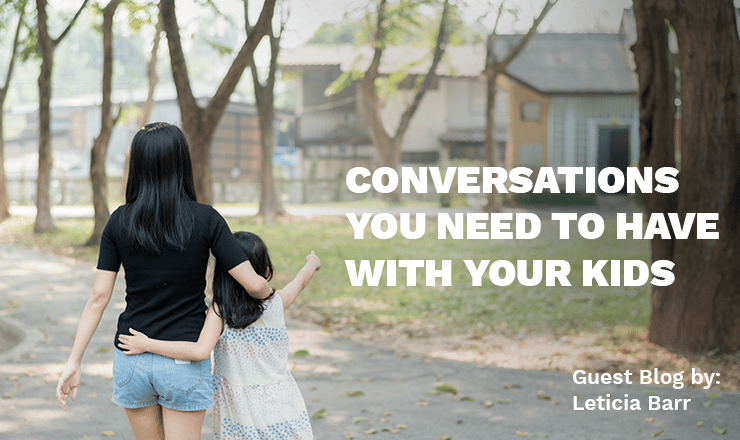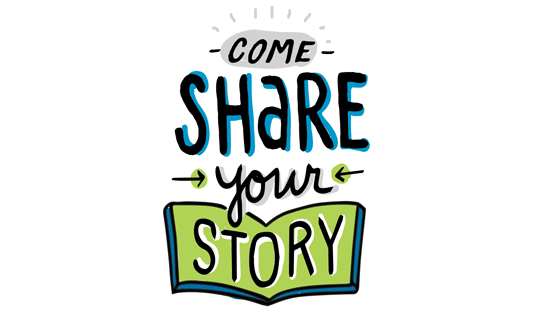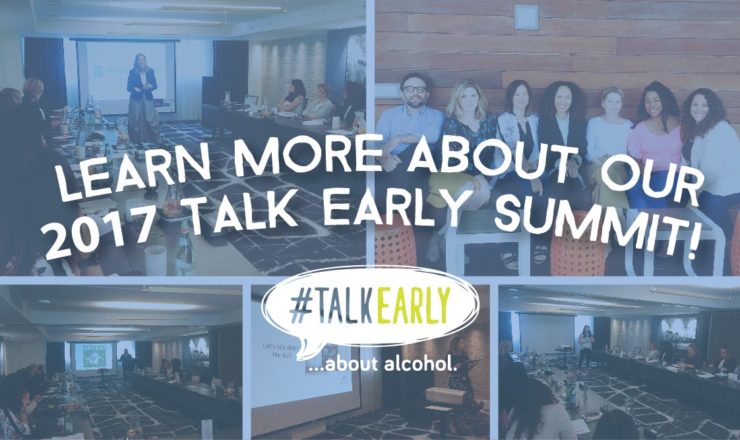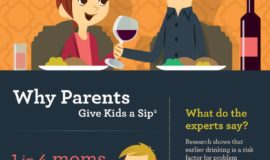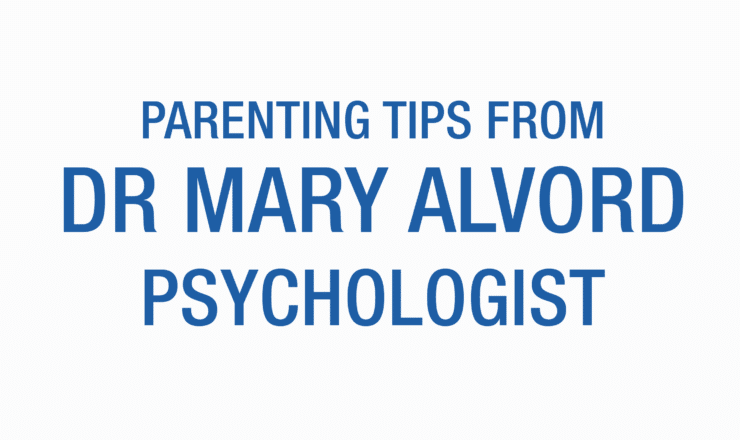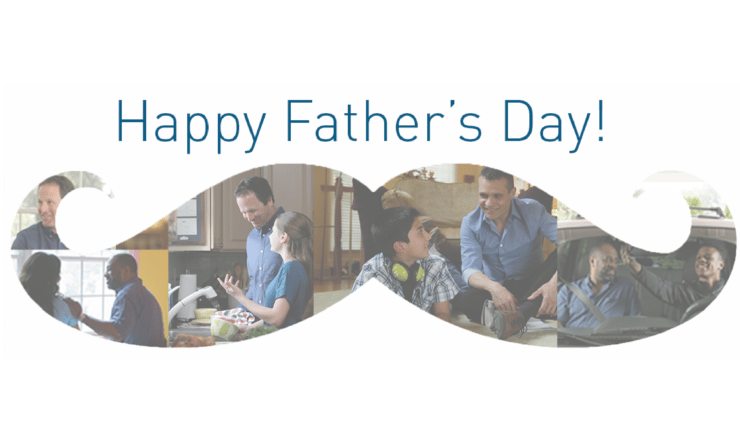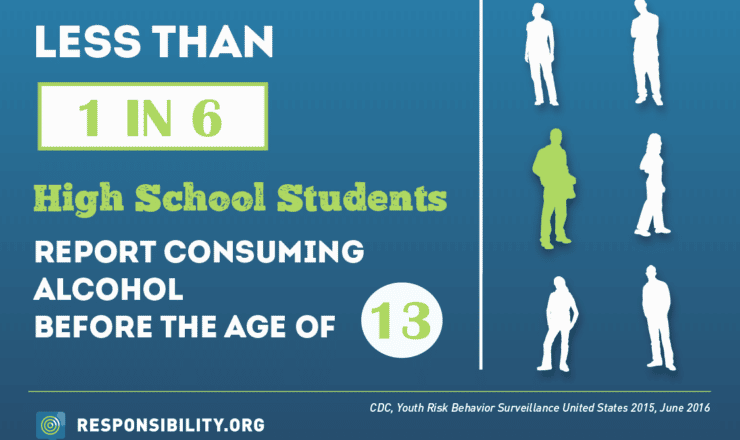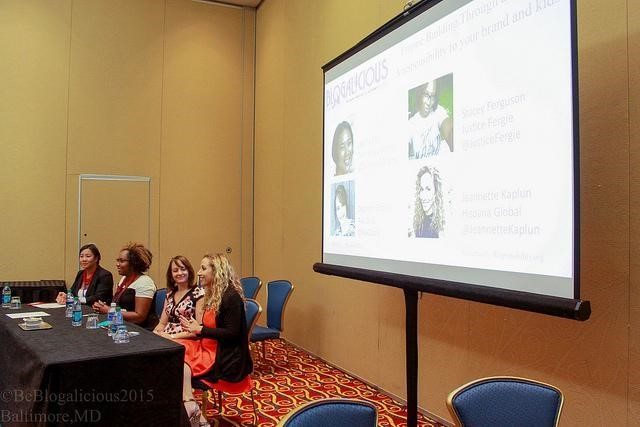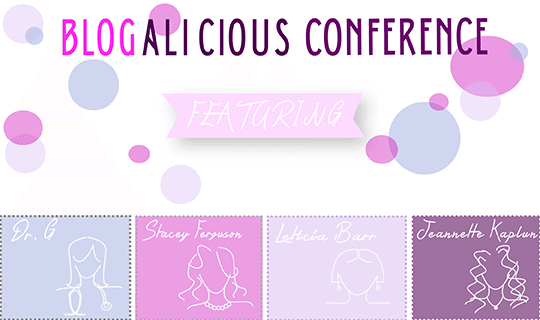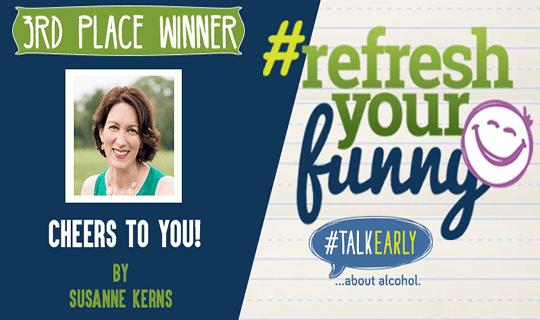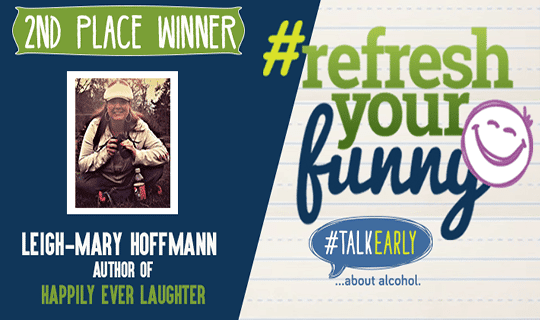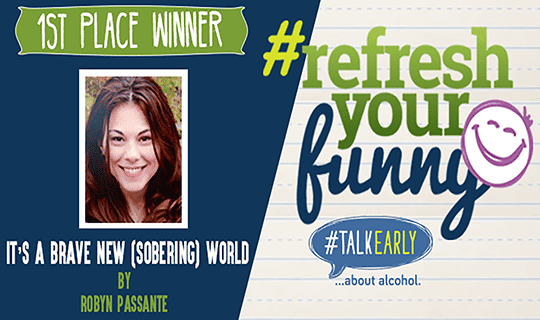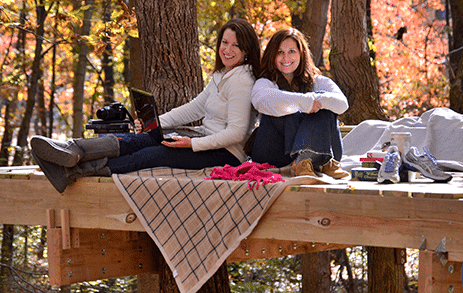'Talking to kids about sex' video shows power of open conversations
“Come on, you drink right?” I was standing in a 9th grade classroom at 8:30 am, facing a group of teenagers who decided to pepper me with personal questions. As a volunteer health educator, it was my job to teach these kids about the value of certain skills – we stressed the importance of communication, accessing appropriate resources, and making thoughtful decisions.
When it comes to teenage health classes, the topics are never ending. Alcohol, drugs, sex, mental health, nutrition – the list goes on. By teaching classes about certain skills as opposed to teaching classes organized by health topic, my other educators and I were preparing our students to utilize these skills in any situation.
I was a bit hesitant in answering my student’s question. How could I preach the value of communication and then shut down his curiosity? I couldn’t. I answered with yes, explaining that as a 21-year-old, I occasionally drank responsibly. I emphasized the importance of making a plan with your friends and ensuring a safe ride home, before the night begins.
Parents are often faced with questions from their children that seem awkward, personal, and age-inappropriate. For Dr. Aaron Carroll, a professor at Indiana University School of Medicine, those questions were about sex and they came from his young sons during a family trip to Disney World. In a new video for part of his Healthcare Triage series on YouTube, he explains the value of speaking openly about sex, even with young children. According to an analysis of 52 studies on the relationship between parent-adolescent sexual communication and adolescent sex behavior, kids who talked openly with their parents about sex tended to practice safer sex.
The same open communication skills can be utilized to talk early with your children about alcohol. Our own research shows that parents have the biggest influence in their child’s decisions about alcohol. While the topic may feel heavy, it’s important that children feel comfortable engaging with their parents. If those they trust most shut down their questions, where do they go next for information? Kids are naturally curious, and by creating a safe space to talk about serious topics, parents can make sure their children understand the intricacies, rules, and consequences surrounding alcohol consumption.
Parents – you can be a resource for your children. Talk early and often.
*The views and opinions expressed in this blog are solely those of the author and do not necessarily reflect the views of the Foundation for Advancing Alcohol Responsibility (Responsibility.org) or any Responsibility.org member.*

